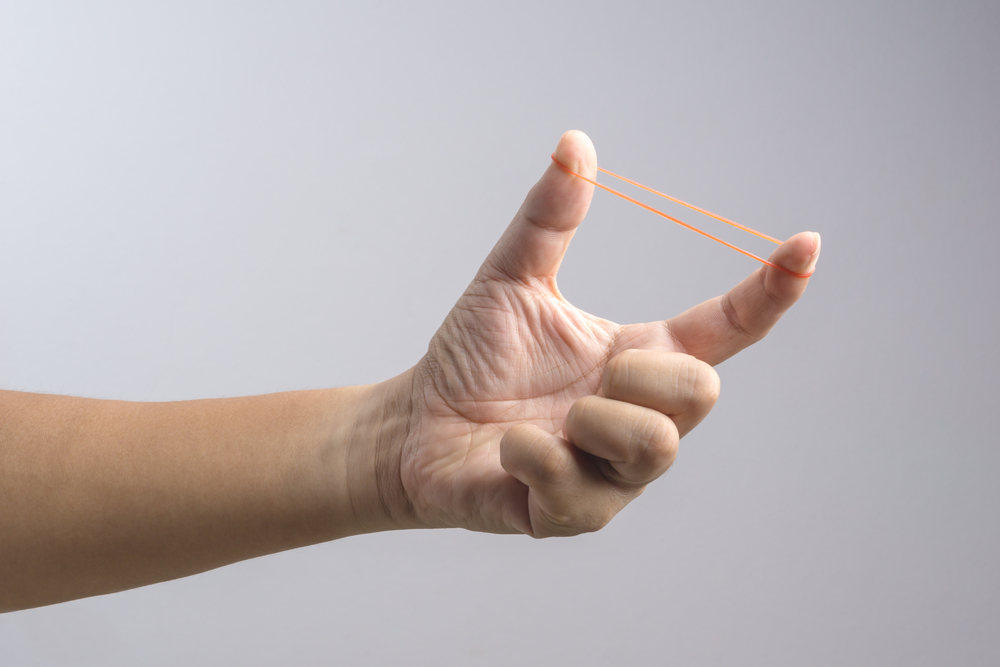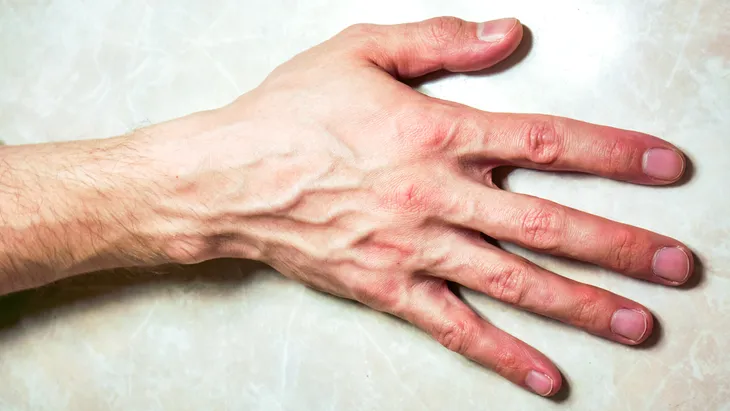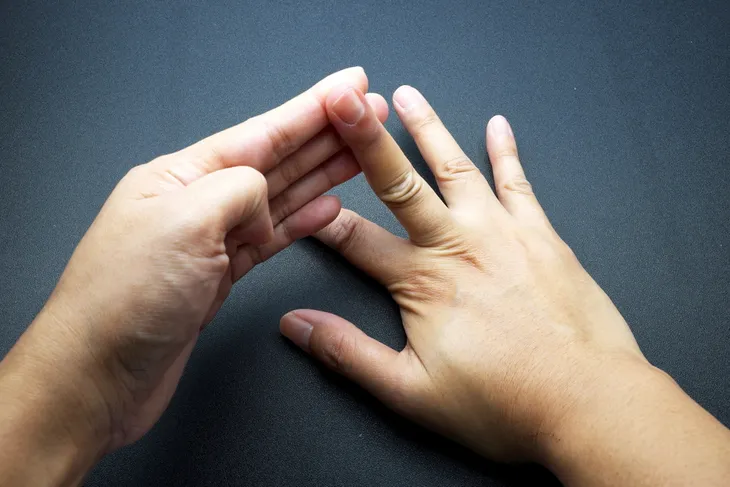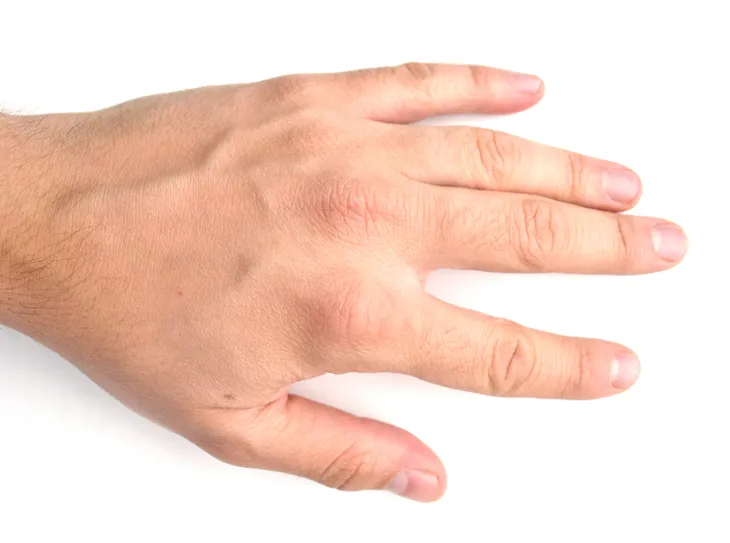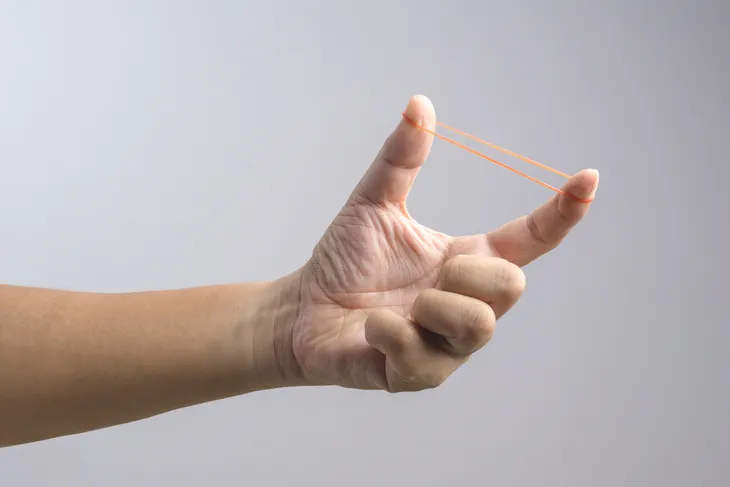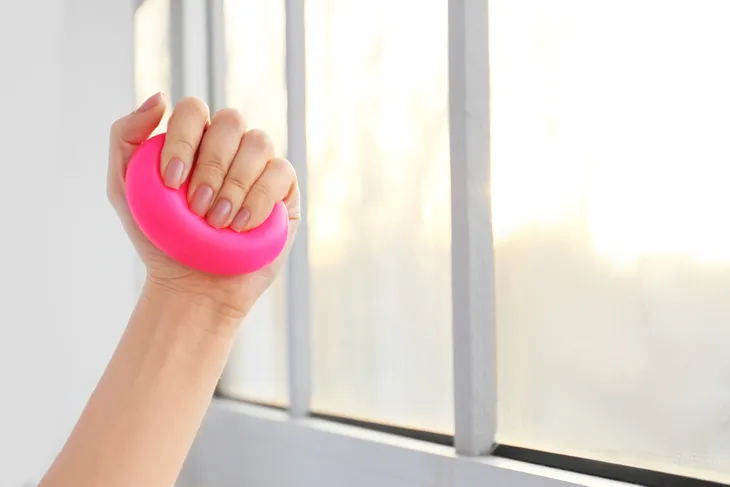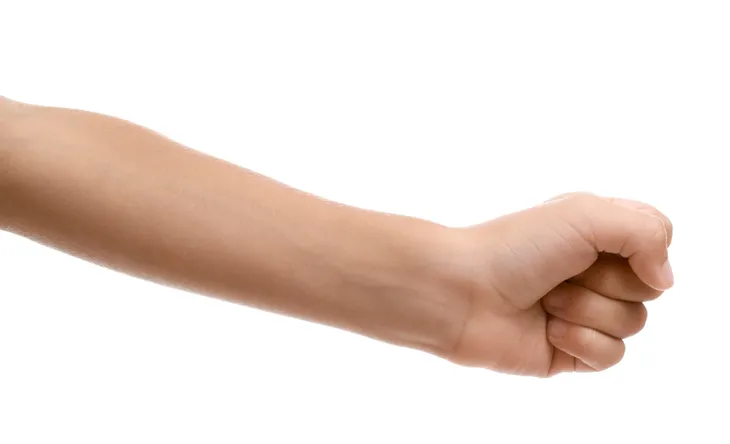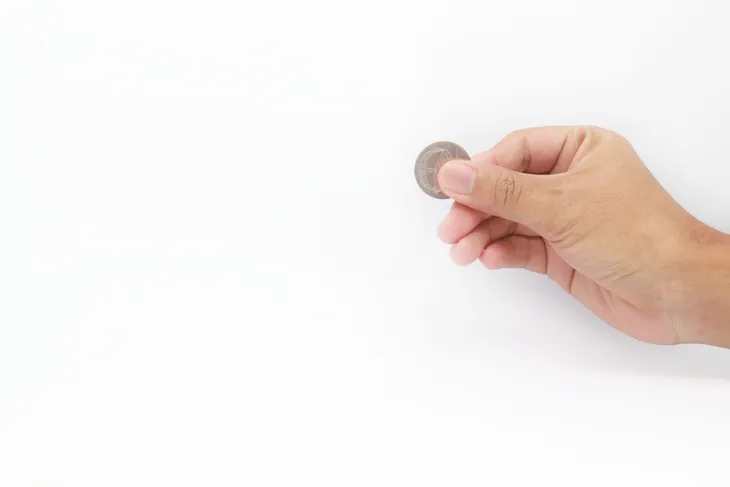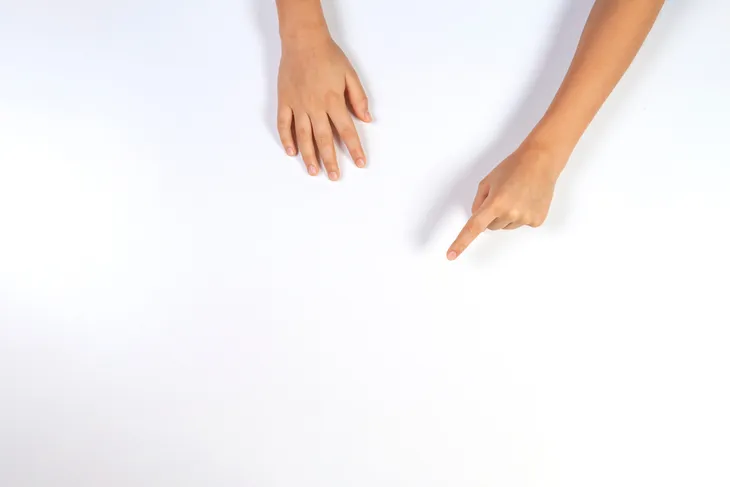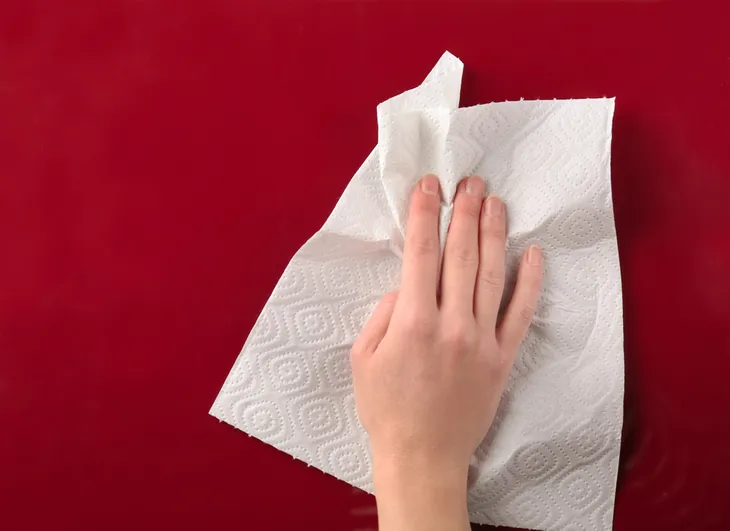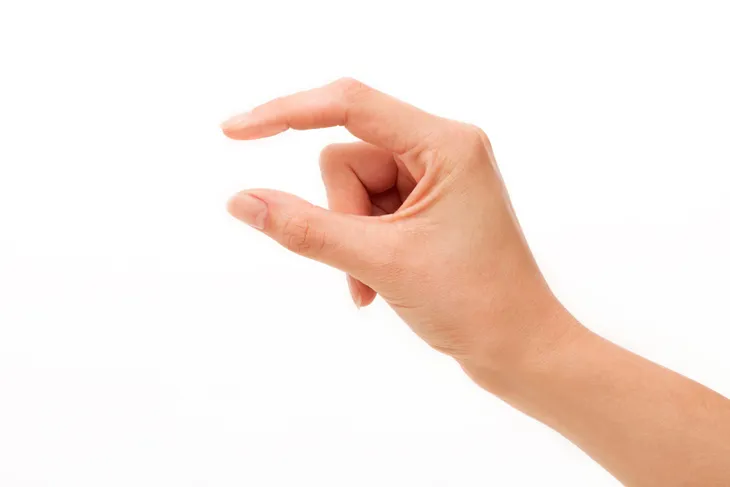Do you have tightness or hear a “popping” or “clicking” noise when using your fingers? It could be trigger finger, a condition that affects many people in the U.S. In fact: “Trigger finger is one of the most common problems hand surgeons encounter,” notes the Orthopaedic Associates of Michigan (OAM). The cause is often repeated, forceful motions of the fingers and thumbs – which can also include texting (in this case it might be referred to as either “texting thumb” or “trigger thumb”).
But what are some ways to alleviate it? Well, aside from surgery — which is often the last resort if other approaches fail — there are a number of exercises that can help manage the symptoms that range from pain to limited movement in the finger or thumb. Here are some relatively easy exercises for trigger finger you can try at home or in the office…
Passive Wrist Stretch
This exercise comes to us from Medical News Today. It suggests putting your palms together in front of your chest, just below the chin. From there, you slowly lower your hands downward toward your waistline until you feel the stretch.
The source says once you feel the pull in your wrists and fingers, hold it there for 10-seconds. Then slowly move your hands back into the original position, keeping the palms pressed against each other.
Thumb Extensions
This suggestion from WebMD isn’t given a specific name, so we’ve assigned one to it. Basically, this stretching exercise goes like this: you place your hand palm-side down on a table. While keeping your hand in place, you extend your thumb to the side as far as you can.
After slowly moving your thumb back to its original resting position next to your fingers, repeat the extension of the thumb again. Do this five to 10 times, suggests the source.
Finger Extensor Stretch
This stretching exercise comes to us via Healthline. The source says to lay your hand flat on a solid surface such as a table. Then, using your other hand, grip the affected finger on the facedown hand. Slowly lift that finger as far as it will go without straining it while keeping the other fingers flat.
Once you raise the finger, keep it there for a few seconds and then release it back to its original state. Repeat the process up to five times, and do the exercise three times daily. This exercise is effective for both the fingers and the thumb.
Hand Turn
This is another suggestion from Medical News Today. The “hand turn exercise” involves placing your affected hand on the table, palm down. From there, slowly turn your hand so the palm is facing upward — but only as far as your comfort will allow (you don’t want to cause further strain!)
Once you’ve turned your hand as far as it will go without too much trouble, hold it there for 2-seconds. Then turn your hand back over so it’s back to its original position with the palm facing down. The source suggests doing 10-repetitions of this exercise (turning the palm up and down counts as 1-repetition.)
Finger Spread
This particular stretching exercise outlined by Healthline involves the use of an elastic band. Pinch together the tips of your fingers and thumb on one hand, then place the band around them. Move your fingers away from your thumb, using the band for a bit of resistance. (For texting thumb, you can instead move your thumb against the band). Do this movement 10 times.
Then bend the fingers and thumb towards the palm, while hooking the elastic in the middle, it adds. Use your free hand to pull on the band to create some “slight” tension, and hold that tension while bending/straightening your fingers 10 times. Repeat the whole process three times per day.
Palm Presses
Find a small item, perhaps something round (and not sharp). Place the item in the palm of your affected hand, and give it a tight squeeze for a few seconds. When you open your palm, extend your fingers wide for an extra bonus stretch.
You can use your free hand under the squeezing hand for stability if needed. Healthline says you can repeat the squeezing/opening of your palm a “few times” during the session, and then repeat it 2 or more times during the day using different objects.
Hand Clench
This suggestion from Medical News Today doesn’t require any objects or elastics, and it’s fairly straightforward as per the name. The source says to rest the outer side of your affected hand on a flat surface (it names a table), with your thumb facing up.
While keeping your wrist straight, clench the hand into a “loose fist,” and hold it like that for 2-seconds, says the source. Unclench your fist, and straighten your fingers. Do this clenching/straightening routine for 10-repetitions.
Picking Up Objects
Healthline says that “object pickups” can also be a useful tool to help alleviate symptoms related to trigger finger. All you’ll need is an assortment of small items such as coins and buttons on a flat surface. Pick each item up one at a time using the affected finger and the thumb, it says.
Once you’ve got a grip on the object, move it from one side of the table to the other. Repeat this process as you pick up each individual item. When you’ve done 5-minute’s worth of this exercise, you can take a break. But the source suggests doing this routine twice daily.
The Extensor
This suggestion from Medical News Today is meant to help manage trigger thumb, but all of the fingers on the affected hand will be involved. To start, place your hand face down on a flat surface.
From there, gently lift the thumb as much as you can without discomfort, then lower it slowly back to the surface. Do the same thing with each finger, one at a time. Repeat these motions 10 times for each finger, and perform this exercise up to 4 times daily.
Paper/Towel Grasp
Another one from Healthline, this exercise involves – you guessed it – a hand towel or a sheet of paper towel. You first place the towel in the palm of your hand (your palm can be facing down, with the towel underneath, illustrates the source).
Then, use your fingers to clench the towel into a ball. Make the ball as tight as possible. Then, while applying pressure to your fist, hold the squeezed position for about 3-seconds. Slowly unclench your fingers into a straightened position, and repeat the whole thing 10 times, twice a day.
Touch Fingers To Thumb
As we mentioned, in some cases surgery could be warranted as a solution. But that doesn’t mean the stretching has to come to an end – quite the contrary. With that in mind, this exercise from CanadianSurgery.com (that we have named) is actually designed as a post-operative solution to help recovery, to be done before the stitches are removed.
With the palm of the affected hand facing you, touch each finger (one at a time) to the thumb, suggests the source. When you reach the little finger, touch the tip of it with the tip of your thumb. Then slide the little finger down the thumb until it reaches the palm, notes the source. It says to repeat this exercise 10 times. This exercise can be started the day following the surgical procedure, adds the source.
Duck To Fist
This is another postoperative exercise from CanadianSurgery.com. It also doesn’t come with a proper name, so we’ve given it one as well! Start with extending your affected hand straight up so it’s rigid. Keeping the thumb in an upright position, position the fingers forward to make a “duck.”
After that move, close your fingers into the palms to form a straight fist, with the thumb staying up at the side. Do 10-repetitions of this exercise, and perform the routine three times a day starting the day after surgery, notes the source.
